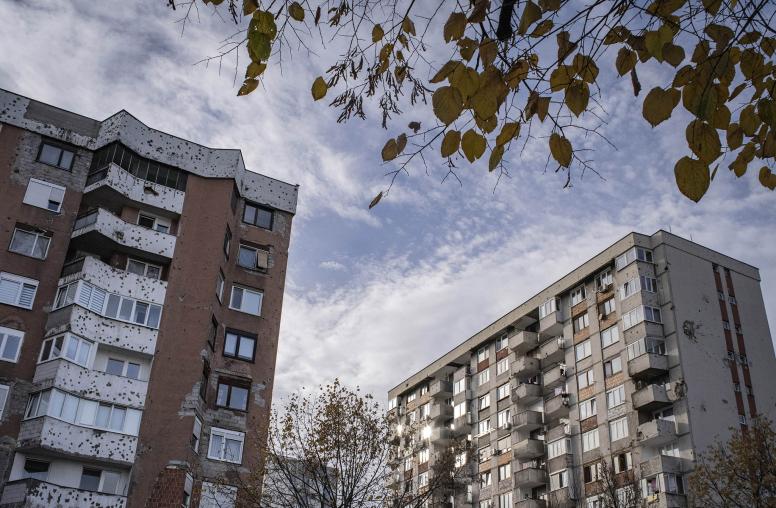U.N. Sanctions and Peace Processes: Meeting Current Challenges
U.N. sanctions are an important tool for preventing and resolving conflict. But the current U.N. sanctions system is very complex, and wide divisions in the U.N. Security Council are undermining the body’s ability to even take on some of the most pressing matters in international peace and security. This lack of movement often hampers conflict mediators as they engage in peace processes that require more agile, immediate action. A greater coherence and coordination between U.N. sanctions regimes and peace processes — as well as improvements in how U.N. sanctions are designed, implemented and removed — could help both tools to be more effective in achieving their stated aims.
On November 16, USIP hosted a discussion on how U.N. sanctions can be leveraged as a tool in mediation, peace talks, and conflict resolution more broadly. The conversation examined how the U.N. — including the Security Council and its member states — can engage more effectively on sanctions to help advance peace, as well as explored how mediators can better leverage sanctions and integrate them into their strategies.
Continue the conversation on social media using the hashtag #SanctionsAndPeace.
Speakers
Josh Black
Senior Director for Multilateral Affairs, U.S. National Security Council
Tom Biersteker
Professor, Geneva Graduate Institute; Global Fellow, Woodrow Wilson International Center for Scholars
Lise Grande, moderator
President and CEO, U.S. Institute of Peace



